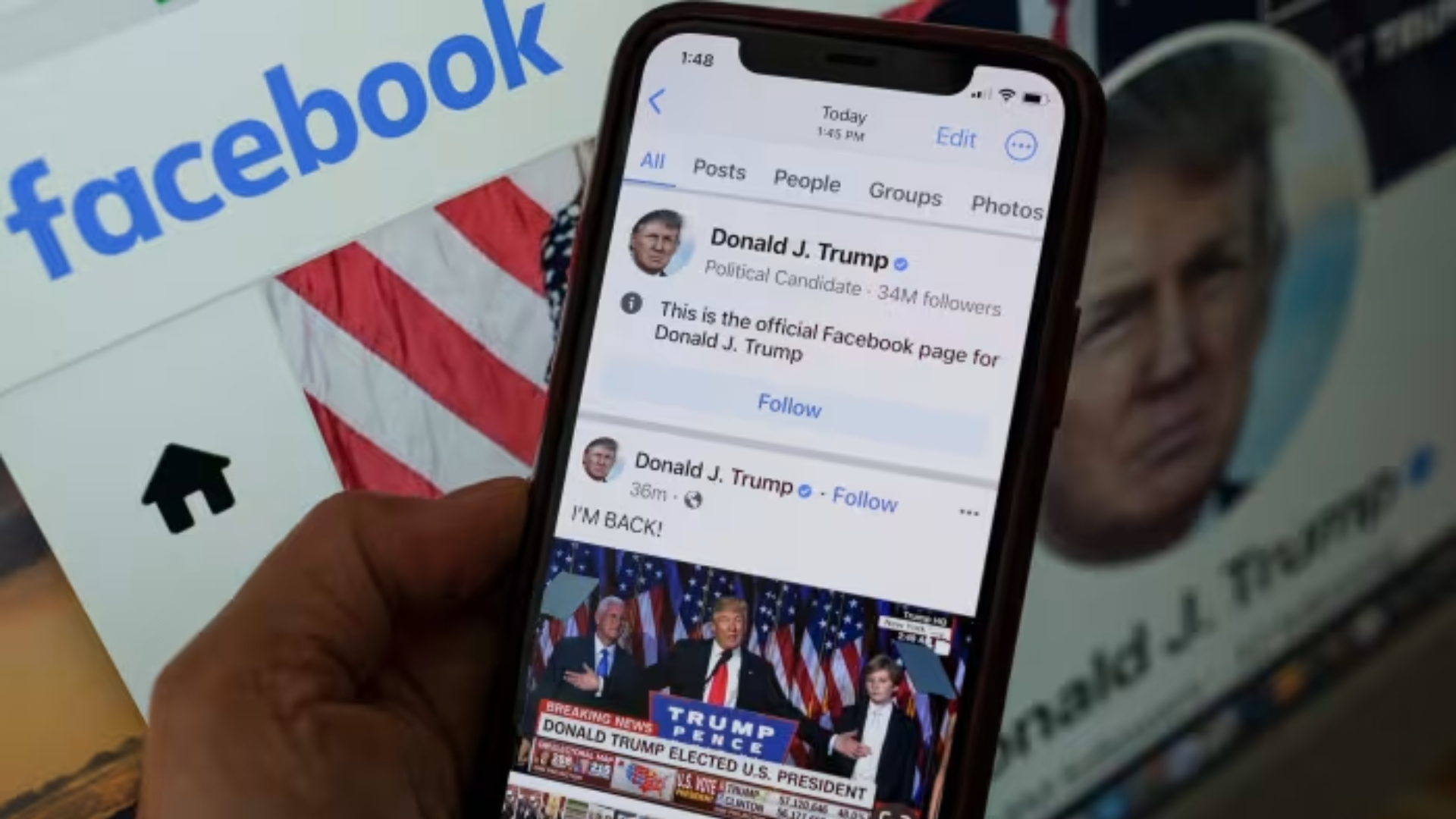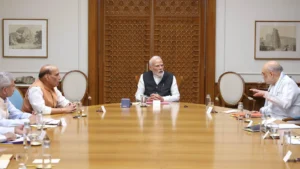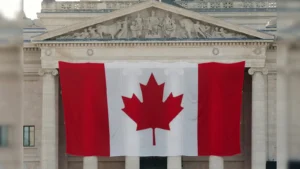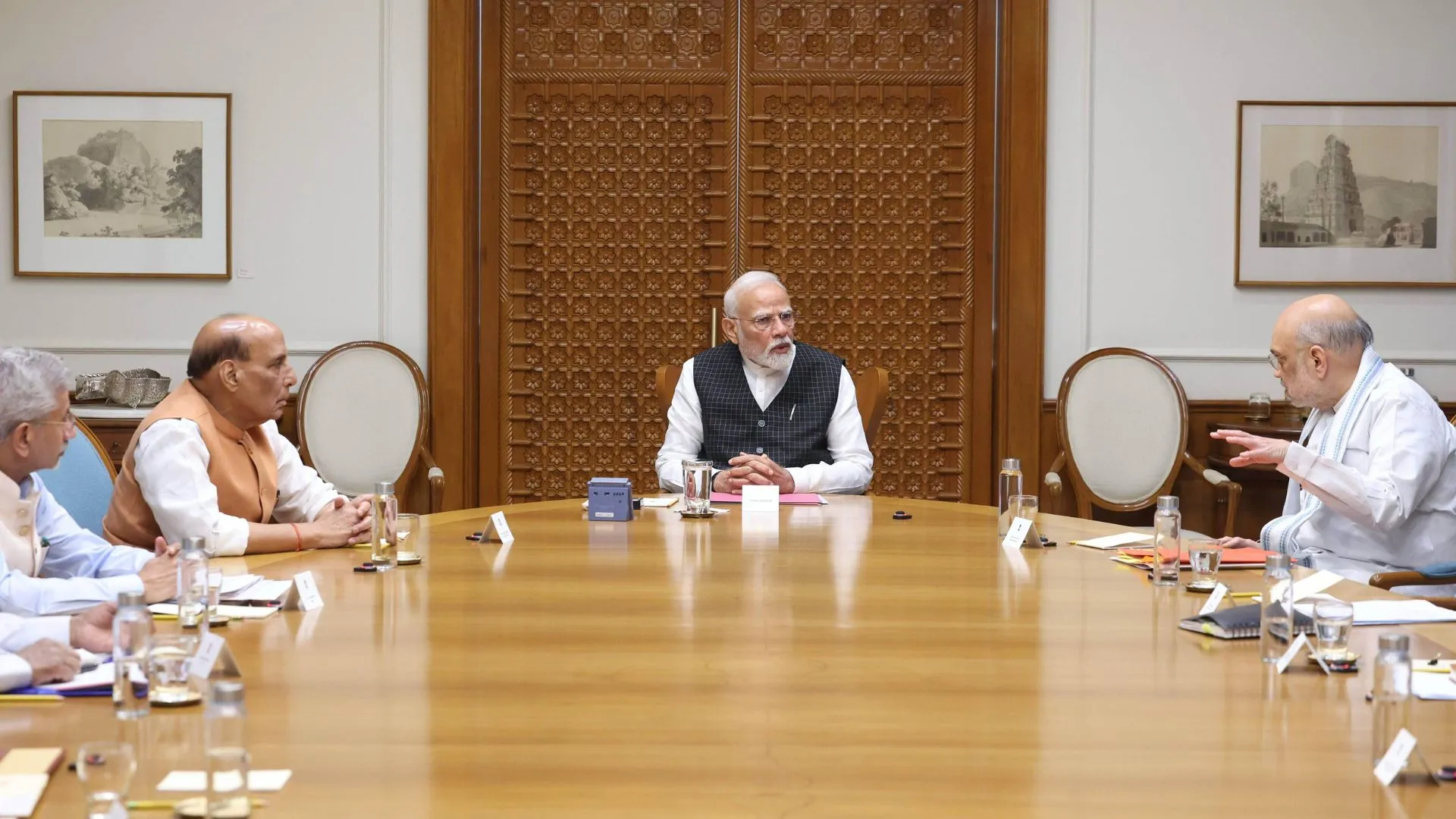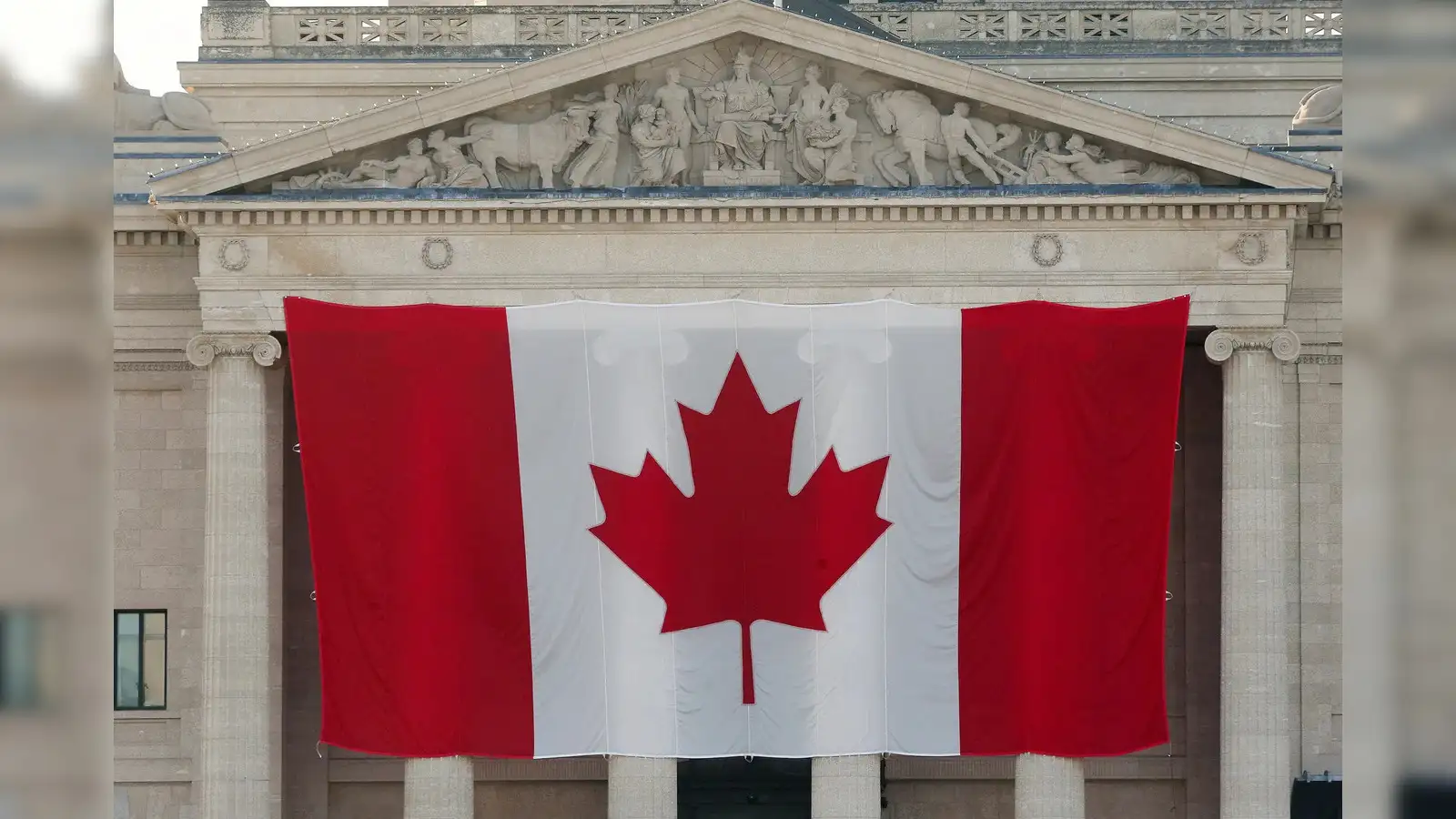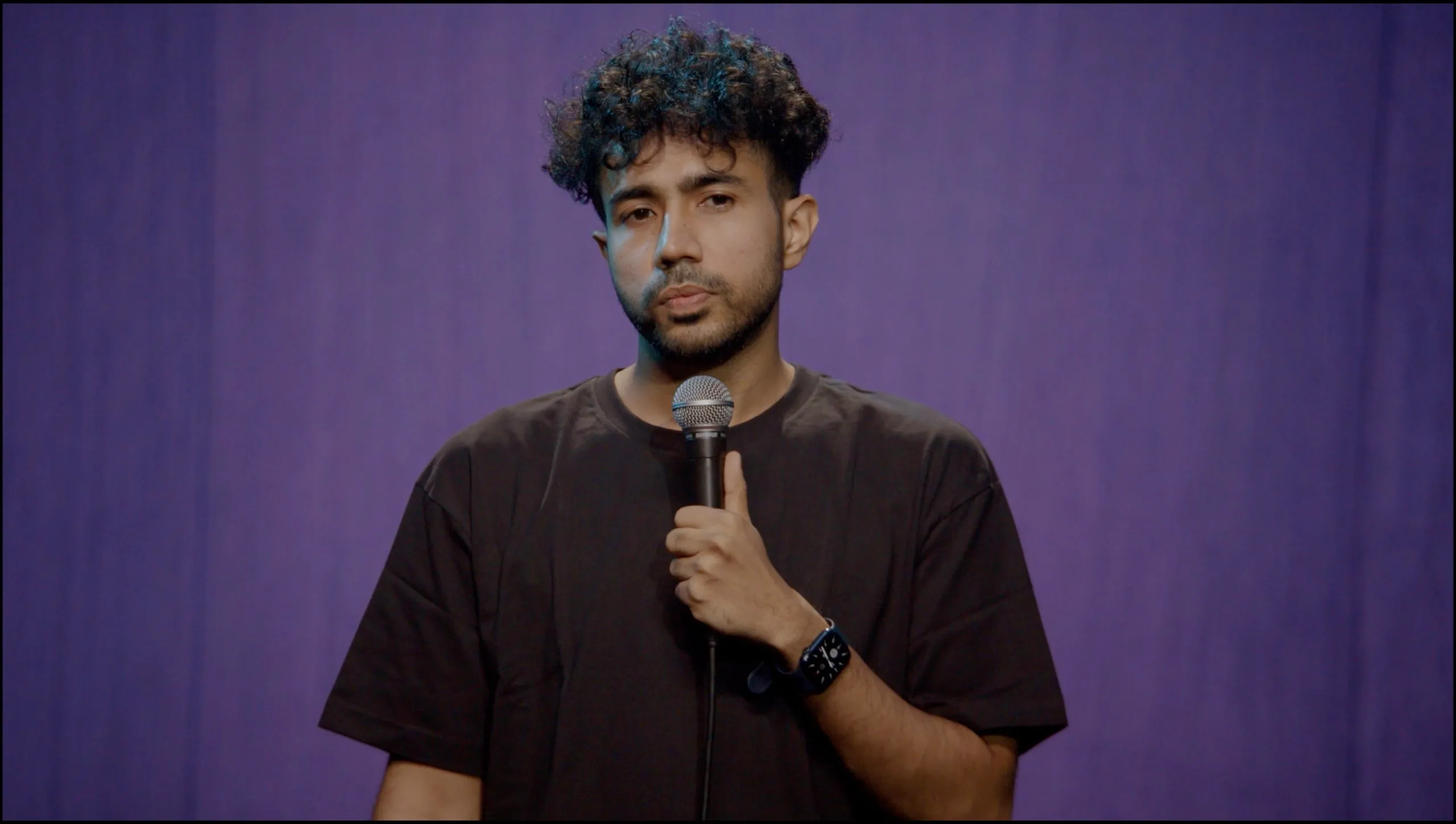Meta announced on Friday that it will soon lift the restrictions placed on former President Donald Trump’s Instagram and Facebook accounts. This move is aimed at ensuring equal treatment amongst all presidential candidates leading up to the 2024 US Presidential Election.
The company emphasized that this decision is about fairness. Since Trump’s accounts were reinstated in January 2023, they faced stricter penalties compared to other users on Meta’s platforms. These penalties included potential suspensions and advertising restrictions if he violated Meta’s rules. However, Trump’s accounts were the only ones subjected to these heightened measures, which were initially designed to limit any public figure’s accounts during periods of civil unrest. Despite the restrictions, neither Trump’s Instagram nor Facebook accounts violated Meta’s policies during the restriction period. This means his accounts did not trigger the stricter penalties.
Meta decided to lift the restrictions due to concerns that even a minor policy violation could result in Trump’s accounts being suspended or limited, especially as the election approaches. For example, posting someone’s address without permission could have led to a suspension of up to two years, preventing him from reaching users in the critical months before the election.
While Meta is removing these stricter penalties, it retains the ability to limit the distribution of problematic posts from Trump or any other accounts, even if those posts do not explicitly violate Meta’s rules. This includes content with indirect references to groups like QAnon. Trump’s accounts, like those of other public figures, will still follow the same general content rules as all other users on Meta’s platforms.
Also read: Donald Trump Reveals Bullet Hit His Ear: I Was Shot With A Bullet That Pierced….
Nick Clegg, Meta’s president of global affairs, stated, “We believe that the American people should be able to hear from the nominees for president on the same basis.” He also noted that the stricter penalties were a response to extreme circumstances and had not been necessary since then.
Meta and other social media platforms banned Trump after the January 6, 2021, attack on the U.S. Capitol due to rule violations and concerns over further incitements to violence. These bans led Trump to create his own social network, Truth Social, which he has primarily used for public comments during his 2024 campaign. Although X (formerly Twitter) reinstated Trump’s account after Elon Musk acquired the platform in late 2022, Trump has only posted there once due to an agreement to prioritize Truth Social. His activity on Facebook has also decreased compared to previous campaigns, though his campaign continues to run ads on the platform. Trump remains banned on Snapchat.
Meta’s decision is part of a larger trend among Big Tech companies to revisit and revise policies introduced during extraordinary circumstances. Meta and X have both rolled back certain misinformation policies related to COVID-19, and YouTube has reversed its election integrity policy to allow content alleging fraud or errors in the 2020 presidential election.
Meta plans to periodically review any accounts placed under similar restrictions to determine if they should be lifted. These decisions will be guided by Meta’s responsibility and recommendations from an independent Oversight Board that helps shape its policies.


